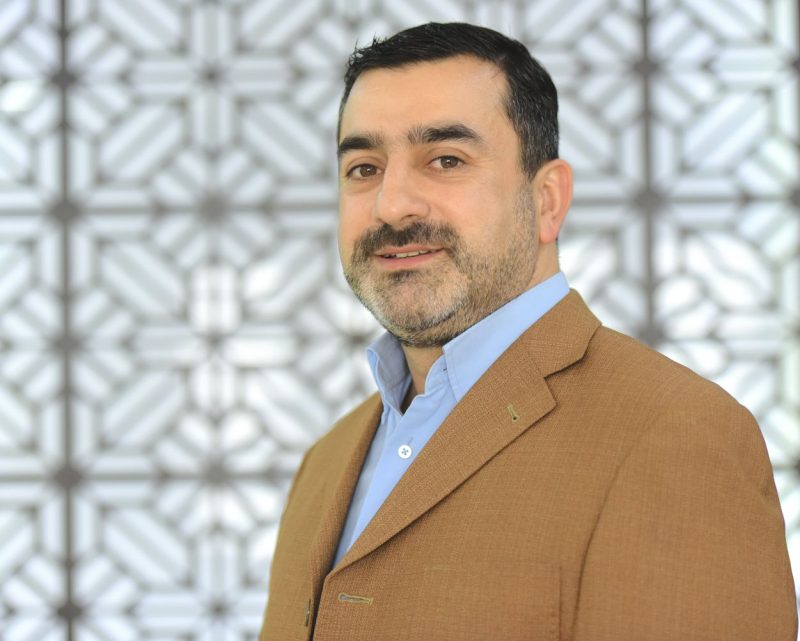Fly Baghdad CEO is an Aikido expert
Ali Al Hamdany, CEO, Fly Baghdad
In 2003, the US-led invasion of Iraq under the false assumption the country was keeping weapons of mass destruction began. That same year, the oil-rich Middle East welcomed the birth of the first low cost carrier (LCC) in the region, the Sharjah-based Air Arabia in the United Arab Emirates.
With more than 143 billion barrels of proven oil reserves, Iraq, one of the founding members of the powerful Organization of Petroleum Exporting Countries (OPEC), ranks third globally after Venezuela and Saudia Arabia, as the richest in terms of oil resources.
But 15 years after the US-led war and more than a decade after the death of its former dictator Saddam Hussein in 2006, Iraq is still in ruins, grieving over countless lives lost and millions of innocent civilians displaced.
Though peace and stability remain elusive in this once prosperous country, Iraq is slowly rebuilding itself and investments have started pouring in. Among those taking a chance is Fly Baghdad, a privately financed LCC re-launched in February 2017.
Ali Al Hamdany, CEO of Fly Baghdad, who began his aviation career with Air Arabia even before its launch in 2003, said it’s an enormous task to rebuild the country and an equally challenging environment for investors, but Iraqis like him are up for the challenge.
“There is a point in time when you need to make a decision at a different level,” Al Hamdany told Air Cargo Update in an interview noting that he felt the need to return to his homeland despite having a lucrative aviation career at Air Arabia which he described as an “excellent university” in the industry.
With Al Hamdany’s vast experience and connections in the aviation industry, Fly Baghdad successfully began its new journey flying domestic at Erbil International Airport and at Sulaymaniyah International Airport. Internationally, the airline flies out of its hub at Baghdad International Airport to Amman in Jordan, Lebanon’s Beirut and the Turkish cities of Istanbul and Ankara.
“Iraq is no longer considered a war zone. Although it’s not in the best situation, it’s not as bad as the media portrays. Before 2003, LCC was unheard of in the region. It’s not possible because everything is controlled by the government,” said Al Hamdany who has a Bachelor’s Degree in Mechanical Engineering from the University of Baghdad before taking up his two Masters Degrees in IT and Engineering in the UK.
“With security stabilizing, investments are starting to come in,” he added.
Through mainly online bookings and the social media, Fly Baghdad is able to sustain its operations.
“We are heavy on the social media,” said Al Hamdany explaining that in Iraq, the digital world connects everyone to the outside world without compromising security or anything else.
This year, Al Hamdany hopes to expand the airline’s routes to Dubai, New Delhi, Sweden and Germany where a large population of Iraqis who fled during the war are located.
With so much at stake and the burden of running an airline upon him, Al Hamdany finds solace in his passion for learning new things, traveling and honing his skills in the Japanese martial arts known as Aikido.
“Aviation has its own challenges wherever you are. My dream is to make this first LCC in Iraq a success in line with international standards,” said the CEO who is an Aikido Blackbelter.


